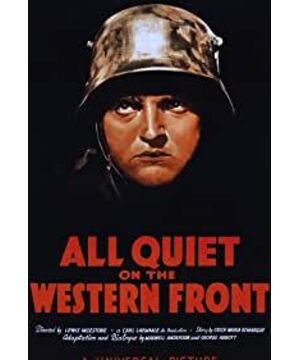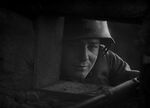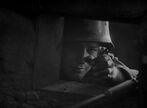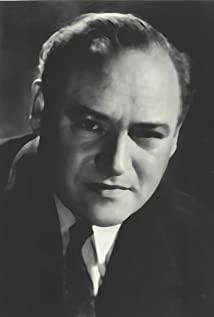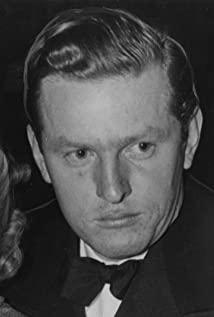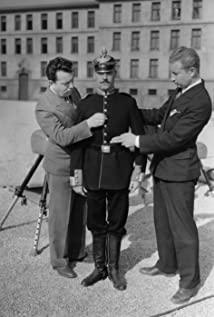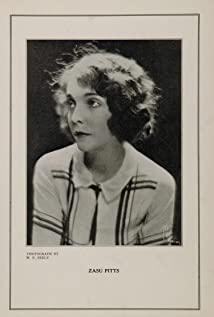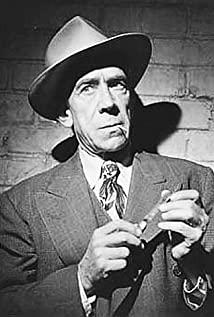The camera finally captures the scene where Paul reaches out to catch the butterfly, which shows his yearning for beauty. From defending the country to being disheartened to returning to the battlefield, the character of Paul is deeply portrayed. From his behavior and action expressions, we can see the cruelty of war and the embodiment of human nature.
In the face of the war, he was calm and did not flinch. But there is no organizational leadership, such as a mass of scattered sand. It's even more comical that the postman becomes the commander of the army. The postman runs away, timid, cowardly, and gets stabbed by Paul. But his death made Paul guilty. Facing the war, it was not easy to live, and stabbing him undoubtedly deepened the progress of death. It further shows the ruthlessness of war.
Disorganization, lack of military equipment, poor technology, and starvation all contributed to the difficulty of winning. The pain, bitterness and hatred brought to people by the war are vividly expressed. To say that there is a bit of comfort, that is, the soldiers faced the situation of the war with "ideals" in their hearts, but still insisted on it. Just this, bring us a little comfort!
From TheySaid Movie Talent Development Program (For reprinting, please pay attention to the public number: TheySaid Consulting)
View more about All Quiet on the Western Front reviews


